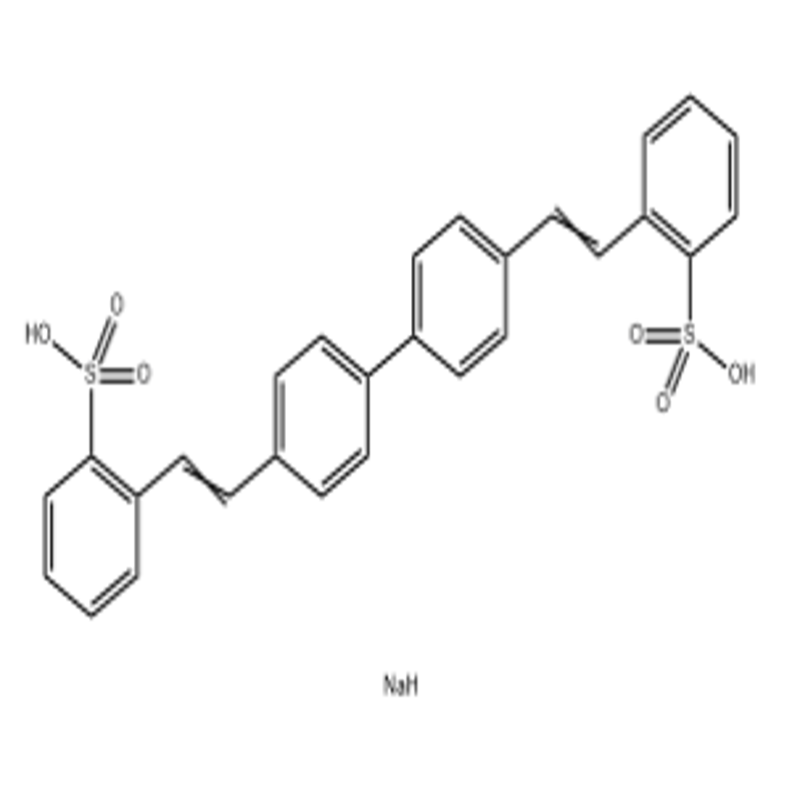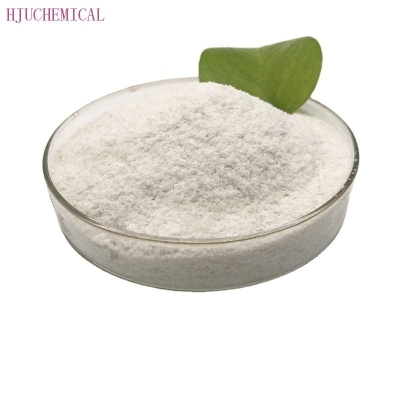-
Categories
-
Pharmaceutical Intermediates
-
Active Pharmaceutical Ingredients
-
Food Additives
- Industrial Coatings
- Agrochemicals
- Dyes and Pigments
- Surfactant
- Flavors and Fragrances
- Chemical Reagents
- Catalyst and Auxiliary
- Natural Products
- Inorganic Chemistry
-
Organic Chemistry
-
Biochemical Engineering
- Analytical Chemistry
- Cosmetic Ingredient
-
Pharmaceutical Intermediates
Promotion
ECHEMI Mall
Wholesale
Weekly Price
Exhibition
News
-
Trade Service
Article source: China Plastics Online? A new type of plastic made from recycled waste will degrade in less than a year
.
This substance is called polyhydroxybutyrate and will soon be mainly used to produce and decompose disposable products, which is environmentally friendly
.
This innovative material can be produced on an industrial scale through a new process developed by the Fraunhofer Production System and Design Technology Institute IPK and its partners
.
? It is hard to imagine that there is no plastic in daily life
.
Plastics occupies an important position in packaging and consumer products, and are indispensable in industrial applications such as automotive and medical engineering
.
It is almost uncommon to reuse and recycle plastics from fossil resources
.
Most importantly, they degrade very slowly and will pollute the environment for a long time in the future
.
Large pieces of plastic garbage floating in the ocean prove their pollution ability
.
? International Bioeconomy Research Program? In view of the massive use of plastics around the world, there is an urgent need to develop a global recycling strategy
.
More and more governments are resorting to bans to curb the growing wave of plastic waste
.
At present, there is no feasible solution to replace fossil plastics on a large scale
.
Because of this, the German Federal Ministry of Education and Research (BMBF) has worked closely with Fraunhofer IPK, the Department of Biotechnology of the Technical University of Berlin, regional industrial partners and international research partners from Malaysia, Colombia and the United States to launch the "International Bioeconomy" (Bio? konomie International) research project
.
These researchers are developing a method of making polymers without using advanced resources such as mineral oil, palm oil and rapeseed oil, because the production of these resources is very harmful to the environment
.
? A new type of plastic that resembles polypropylene? This new process converts industrial waste (such as waste grease with a large amount of mineral residue) into polyhydroxybutyrate (PHB)
.
Microorganisms can metabolize these residues in special fermentation processes
.
They deposit PHB in cells to store energy
.
"Even if the plastic dissolves from the cells, it still cannot be used for industrial purposes because the hardening process takes too long
.
" said Christoph Hein, head of Fraunhofer IPK's micro-production technology department
.
In the later production stage, the raw materials must be mixed with downstream chemical additives
.
For example, the research team adjusted the plasticization and processing parameters to adjust the recrystallization time to suit the time of industrial processing
.
The properties of the resulting biopolymer are similar to polypropylene
.
But the difference is that this plastic will completely degrade within 6 to 12 months
.
? In this method of producing plastics, microorganisms synthesize the entire polymer in a biotechnology process
.
"To this end, we convert biological residues such as waste fats into polyesters that can be used for technical purposes,
" Hein said
.
The researcher and his team chose to use microorganisms as biocatalysts and genetically modified them using molecular methods
.
With the help of chemical purification processes and extensively optimized materials, they have been able to develop a new series of materials that meet the needs of industrial plastics
.
? Does not require petroleum-based synthetic ingredients? This new process not only completely abandons petroleum-based synthetic ingredients, but also becomes a green plastic substitute
.
Naturally occurring microorganisms can decompose these newly developed plastics, so they do not have to be affected by the special conditions of degraded substances in industrial composting plants
.
They provide an eco-friendly alternative to the manufacture and degradation of disposable products and other disposable items
.
? The process also helps to produce high-quality plastic parts for certain technology and cycle applications
.
The specifications of this product are even higher
.
They may have to exhibit specific geometric tolerances and surface qualities, or have extremely high-precision reproducibility
.
Researchers have developed highly specialized replication processes to meet these requirements
.
This substance is called polyhydroxybutyrate and will soon be mainly used to produce and decompose disposable products, which is environmentally friendly
.
This innovative material can be produced on an industrial scale through a new process developed by the Fraunhofer Production System and Design Technology Institute IPK and its partners
.
? It is hard to imagine that there is no plastic in daily life
.
Plastics occupies an important position in packaging and consumer products, and are indispensable in industrial applications such as automotive and medical engineering
.
It is almost uncommon to reuse and recycle plastics from fossil resources
.
Most importantly, they degrade very slowly and will pollute the environment for a long time in the future
.
Large pieces of plastic garbage floating in the ocean prove their pollution ability
.
? International Bioeconomy Research Program? In view of the massive use of plastics around the world, there is an urgent need to develop a global recycling strategy
.
More and more governments are resorting to bans to curb the growing wave of plastic waste
.
At present, there is no feasible solution to replace fossil plastics on a large scale
.
Because of this, the German Federal Ministry of Education and Research (BMBF) has worked closely with Fraunhofer IPK, the Department of Biotechnology of the Technical University of Berlin, regional industrial partners and international research partners from Malaysia, Colombia and the United States to launch the "International Bioeconomy" (Bio? konomie International) research project
.
These researchers are developing a method of making polymers without using advanced resources such as mineral oil, palm oil and rapeseed oil, because the production of these resources is very harmful to the environment
.
? A new type of plastic that resembles polypropylene? This new process converts industrial waste (such as waste grease with a large amount of mineral residue) into polyhydroxybutyrate (PHB)
.
Microorganisms can metabolize these residues in special fermentation processes
.
They deposit PHB in cells to store energy
.
"Even if the plastic dissolves from the cells, it still cannot be used for industrial purposes because the hardening process takes too long
.
" said Christoph Hein, head of Fraunhofer IPK's micro-production technology department
.
In the later production stage, the raw materials must be mixed with downstream chemical additives
.
For example, the research team adjusted the plasticization and processing parameters to adjust the recrystallization time to suit the time of industrial processing
.
The properties of the resulting biopolymer are similar to polypropylene
.
But the difference is that this plastic will completely degrade within 6 to 12 months
.
? In this method of producing plastics, microorganisms synthesize the entire polymer in a biotechnology process
.
"To this end, we convert biological residues such as waste fats into polyesters that can be used for technical purposes,
" Hein said
.
The researcher and his team chose to use microorganisms as biocatalysts and genetically modified them using molecular methods
.
With the help of chemical purification processes and extensively optimized materials, they have been able to develop a new series of materials that meet the needs of industrial plastics
.
? Does not require petroleum-based synthetic ingredients? This new process not only completely abandons petroleum-based synthetic ingredients, but also becomes a green plastic substitute
.
Naturally occurring microorganisms can decompose these newly developed plastics, so they do not have to be affected by the special conditions of degraded substances in industrial composting plants
.
They provide an eco-friendly alternative to the manufacture and degradation of disposable products and other disposable items
.
? The process also helps to produce high-quality plastic parts for certain technology and cycle applications
.
The specifications of this product are even higher
.
They may have to exhibit specific geometric tolerances and surface qualities, or have extremely high-precision reproducibility
.
Researchers have developed highly specialized replication processes to meet these requirements







